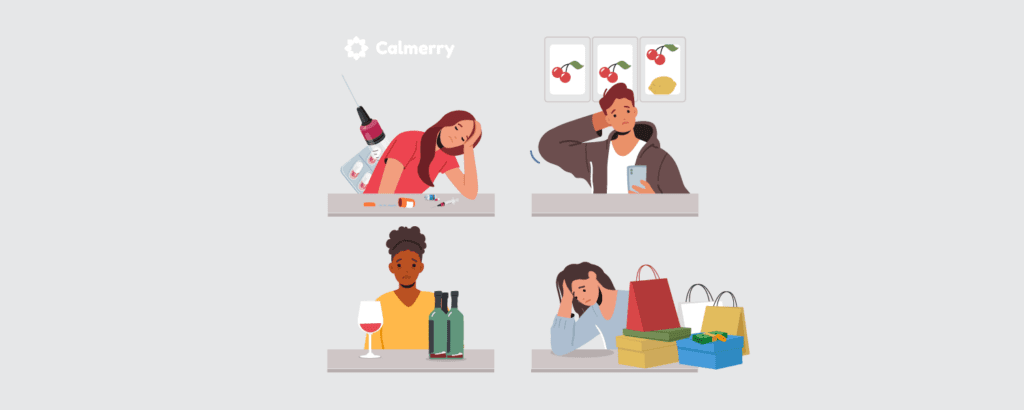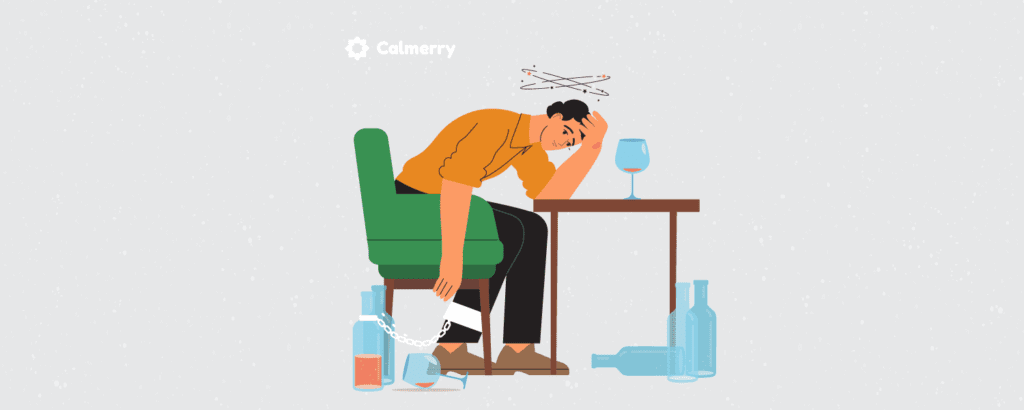Behavioral Addictions: What Are They and How to Treat Them?
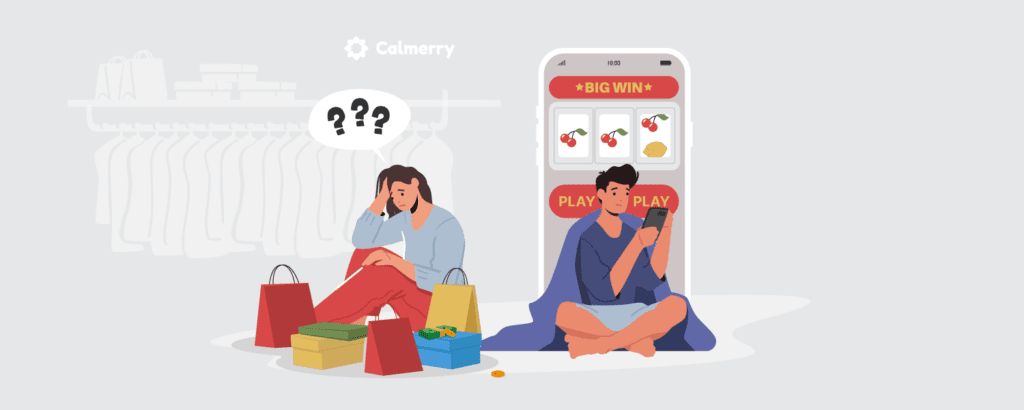
In this article
Addiction is commonly associated with dependence on substances that impact the way you think, feel, and behave. But drugs and alcohol aren’t the only things that can cause addiction. Certain behaviors like gambling, sex, or even shopping can be addictive for some people, causing a loss of control and making everyday life a constant struggle.
Behavioral addictions resemble substance addictions in many aspects. They are quite common and can have serious, negative, life-changing consequences. In this article, we’ll take a closer look at common behavioral addictions and their effects on a person’s day-to-day life and talk about how to overcome the potentially destructive habit.
What is a behavioral addiction?
Behavioral addiction (sometimes referred to as “process” addiction) is a relatively new concept that researchers are still trying to understand. Currently, there’s no consensus among experts on whether behavioral addictions are real addictions. Whether or not a person can become addicted to any behavior is a question still open to debate in the world of professional psychiatry and psychology.
The only officially recognized behavioral addiction is gambling disorder, which is included in the Diagnostic and Statistical Manual of Mental Disorders, Fifth Edition (DSM-5). This is because the current limited evidence doesn’t allow researchers to group other behavioral disorders into the same category as substance abuse disorders.
Still, it is recognized that many different behaviors can become compulsive and problematic, potentially destroying lives if they remain untreated. The precise mechanisms associated with behavioral addiction are not yet fully understood. But generally speaking, it’s a result of dysfunction in the brain’s reward circuitry.

Behavioral addictions are defined as extreme involvement in specific activities driven by uncontrollable impulses. Behavioral addictions begin the same way that alcohol or drug addictions do.
Almost all behaviors that can become addictive cause the release of the brain chemical dopamine, a feel-good hormone that promotes behaviors that lead to instant gratification. This brain chemical is largely responsible for the “high” that a person experiences while engaged in the activity. Dopamine creates a strong reward pathway in the brain, making it more difficult or even impossible to stop engaging in the behavior, despite problems in many areas of a person’s life.
How to tell if you have a behavioral addiction?
A lot of people engage in behaviors such as gambling, shopping, and playing video games. Although they may even enjoy such activities very much, this doesn’t necessarily signal a problematic behavior or an addiction. Most people can take part in these behaviors without becoming addicted, but those who are vulnerable can find themselves craving and participating in the activity at unhealthy levels.
Addiction begins slowly, and it can be extremely difficult to accurately interpret the warning signs (lifestyle and attitude changes) before it’s too late. Engaging in online therapy can be a helpful resource for those concerned about potential behavioral addictions, as it offers professional guidance and support in recognizing and addressing these issues. A person with a behavioral addiction will constantly seek the rush of endorphins by frequently and repeatedly engaging in the activity and devoting a lot of time to it. Behavioral addiction becomes serious if the person can’t control or stop the activity, despite experiencing adverse consequences as a result.
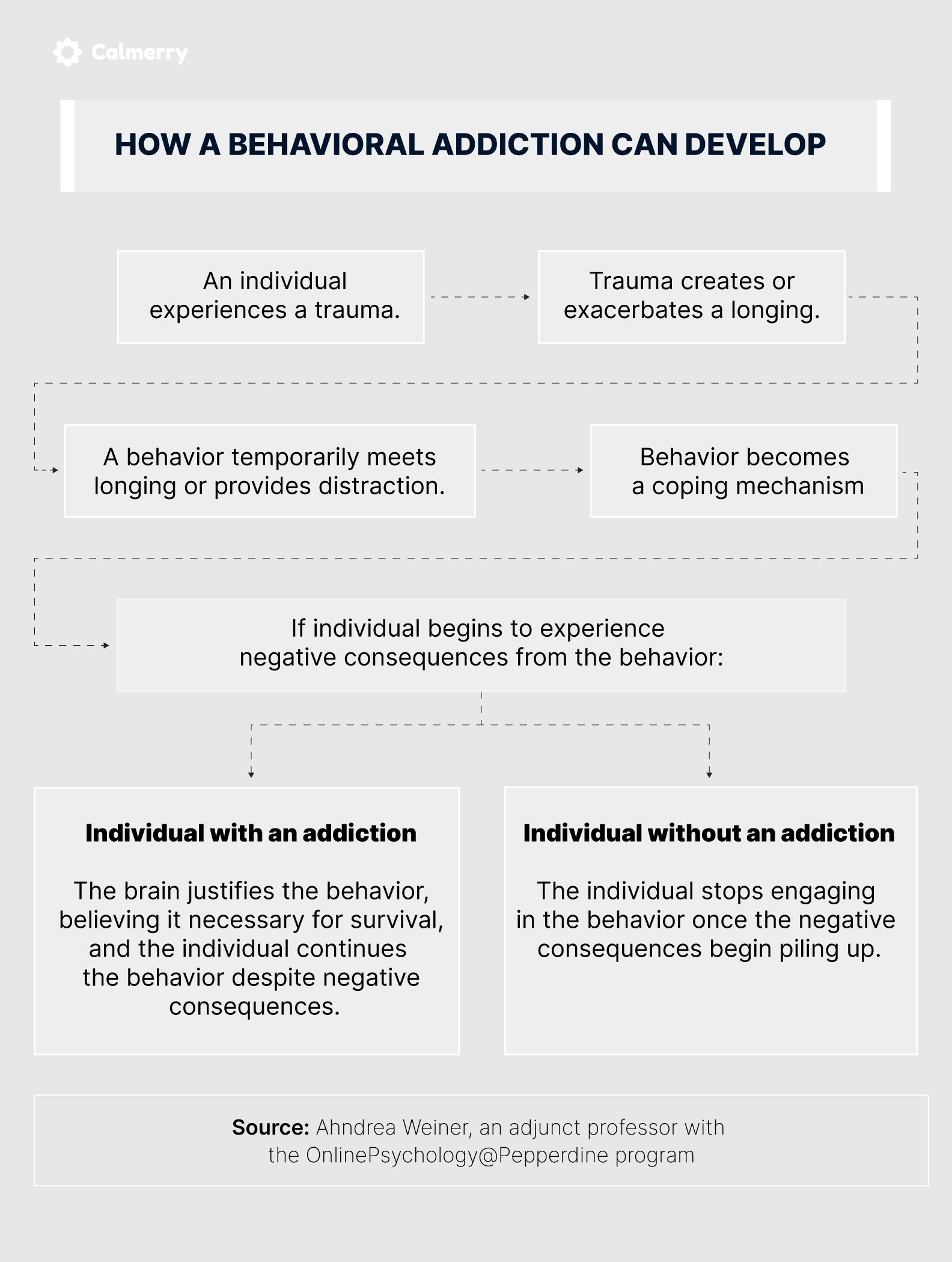
Some common signs of a behavioral addiction that you can see in yourself or your loved ones include:
- Spending most of the time engaging in the behavior
- Becoming dependent on the behavior as a way to relieve stress or cope with difficult emotions
- Experiencing cravings for doing the activity
- Continuing the behavior despite physical and/or mental harm
- Being unable to stop or control the behavior
- Neglecting work or family to engage in the behavior more often
- Becoming moody, irritable, or upset when unable to engage in the behavior
Noticing these symptoms can be challenging, and not everyone can display all of them, but having only a few can show that there’s a problem.
Types of behavioral addictions
The behaviors called process addictions involve normal, everyday activities (food, sex, internet, shopping), special recreations (video games, gambling), healthy activities that some people fail to balance with equally important activities (exercise), and bad habits (compulsive skin picking). These addictive behaviors are often tied to mental health problems such as social anxiety, emptiness, and depression.
Behavioral addiction becomes serious if the person can not control or stop the activity, despite experiencing adverse consequences as a result.
Gambling addiction
Gambling addiction, also known as gambling disorder, is only one formally recognized behavioral addiction. But other activities can also become addictive and cause serious problems for some people – psychological, physical, or social. The so-called addicts lose control and seek such activities despite negative consequences.
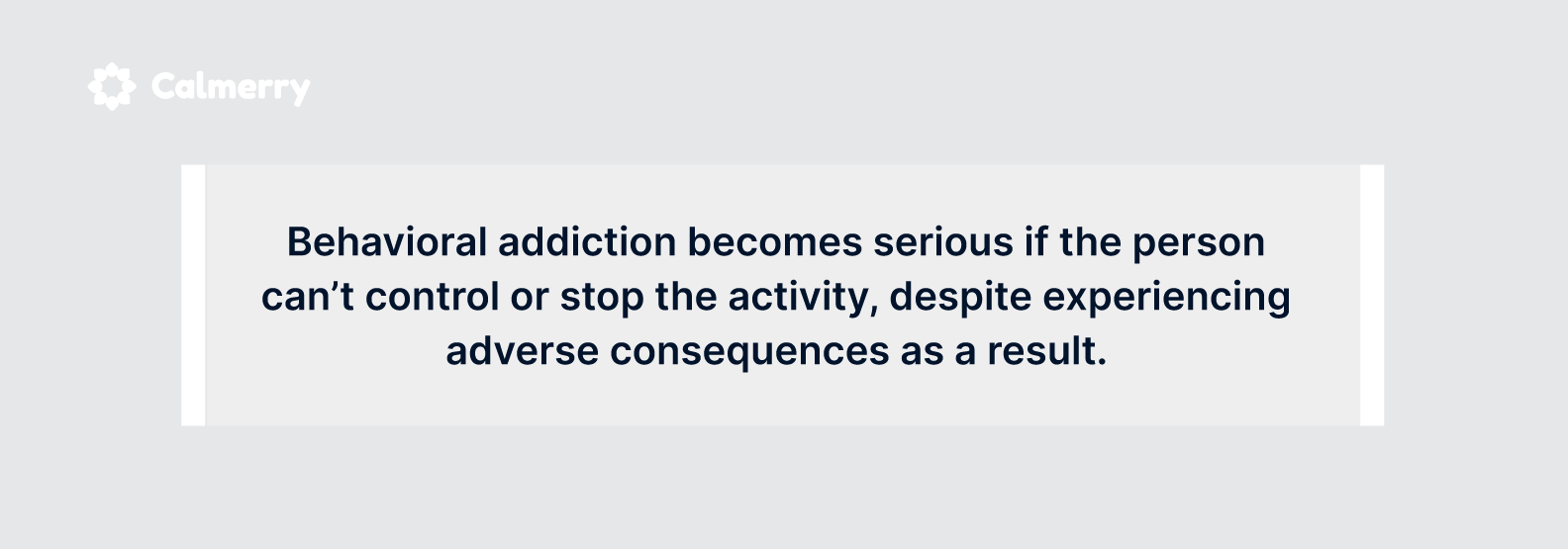
Gambling has been recognized as “addictive” for centuries and is the best-represented behavioral addiction in the research literature. Gambling addiction is also known as pathological gambling, compulsive gambling, or gambling disorder. It’s an impulse-control disorder that is characterized by a pattern of compulsive gambling that tends to become increasingly problematic over time.
Statistics show that in the USA, 2.6%, or almost 10 million people, have an addiction problem because of gambling.
Sex addiction
Sex addiction is characterized by a lack of control over sexual thoughts, urges, and impulses. It can come in many different forms, including sexual acts with multiple partners, masturbation, viewing pornography, prostitution, exhibitionism, or voyeurism. Sex addiction can be highly dangerous for some people and may result in considerable difficulties with relationships.
Gaming addiction
Gaming addiction isn’t recognized as a diagnosable disorder in the DSM-5, but the World Health Organization (WHO) includes gaming disorder in their International Classification of Diseases (ICD-11). Addiction to gaming is a very real problem for many people. This type of addiction is an increasing concern for parents because video games are often targeted at children.
Research shows that video game addiction is most common in boys and men and that online role-playing and multiplayer games are reported to be the most addictive.
Internet addiction
Internet addiction is when a person is dependent on the use of the internet as a way of coping with life’s stresses, and it’s prevalent in American and European cultures. According to surveys, it affects up to 8.2% of the general population. People with internet addiction are obsessed with checking emails and social media or compulsively shop online.
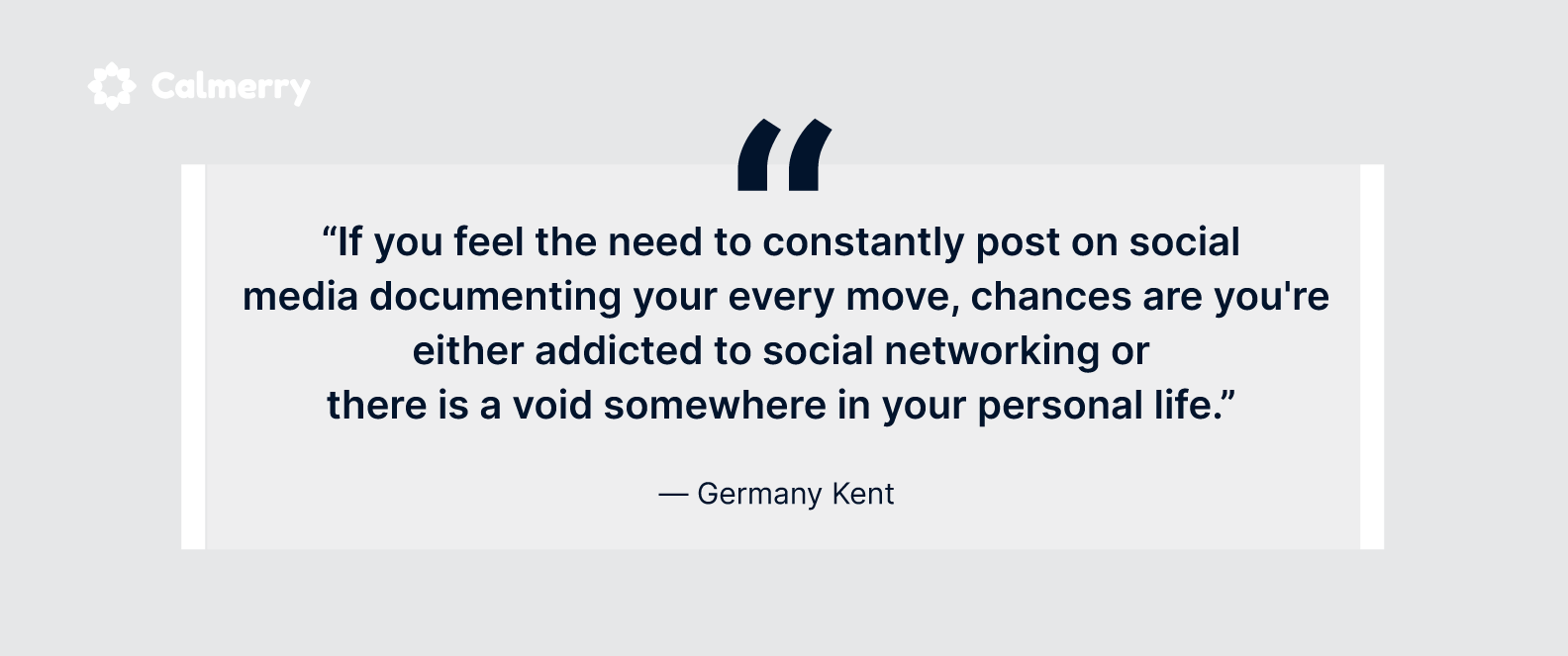
Shopping addiction
Shopping addiction involves compulsive buying as a way to cope with emotional pain, avoid negative feelings such as depression and anxiety, and feel better. People who are addicted to shopping typically spend more time and money on shopping than they can afford, and many of them get into financial problems.
Food addiction
Food addiction shares many features with diagnoses now included in DSM-5, such as binge eating disorder and bulimia nervosa. People who struggle with food addiction can’t control their compulsive eating behaviors and tend to crave foods that are high in fats, sugar, and salt. They overeat to feel better, but it often makes them feel worse and threatens their health, causing malnutrition, obesity, and other problems.
Some other behavioral addictions
Other common behavioral addictions include:
- Excessive plastic surgery which is a compulsive response to body dysmorphic disorder (BDD) when people are preoccupied with their appearance.
- Exercise addiction is when people are obsessed with their fitness regimen. Some studies suggest that about 3% of the people in the USA who exercise regularly are addicted.
- Workaholism, also called work addiction, is a compulsive desire to work. Workaholics are obsessed with their work performance and hooked on an adrenaline high.
- Love addiction is also known as pathological love. It refers to preoccupation with the feeling of being in love. Love addicts focus entirely on the objects of their desires and neglect to value or care for themselves while they’re in relationships.
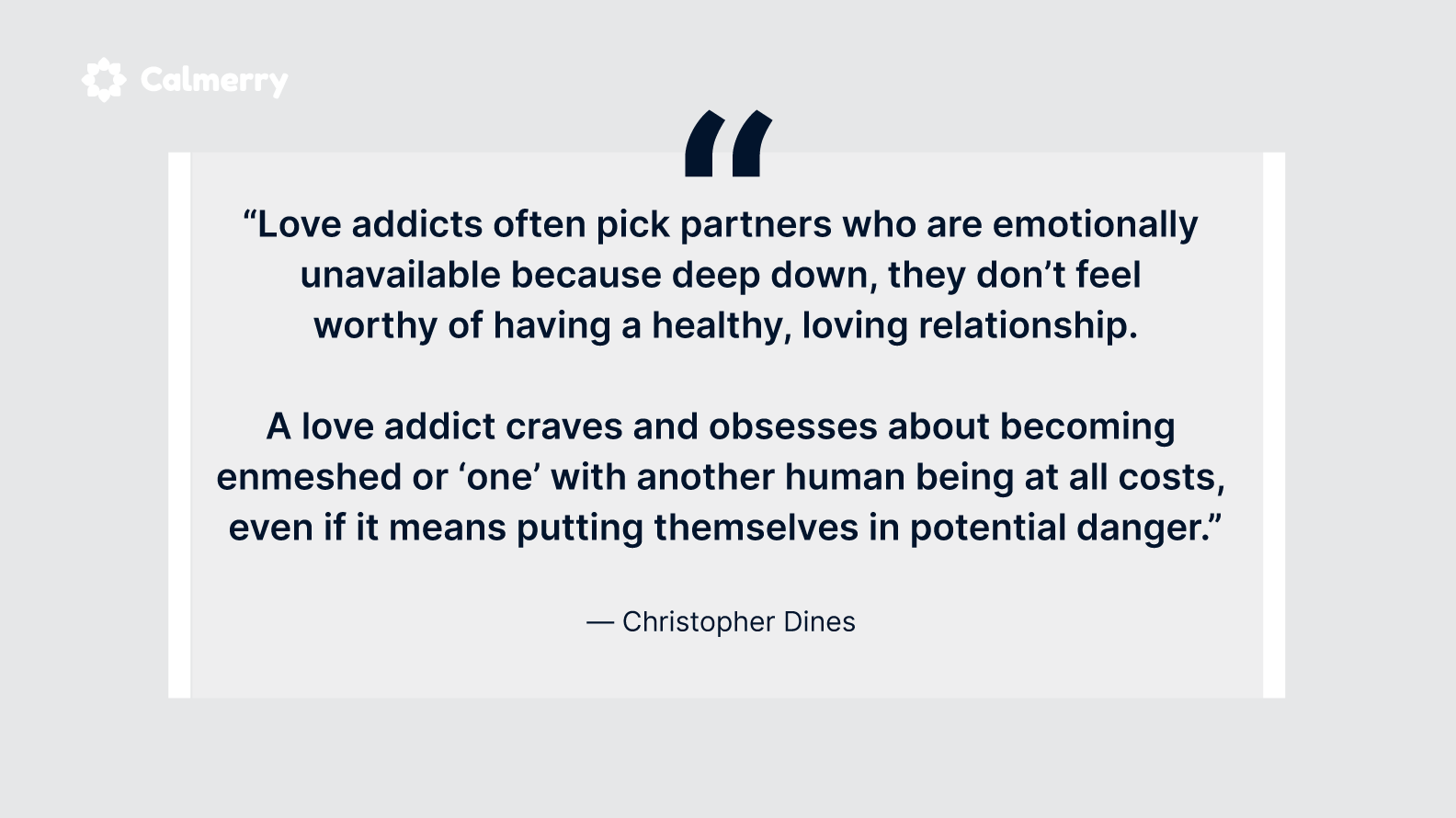
What are the consequences of a behavioral addiction?
A behavioral addiction will steadily consume a person’s life, making it almost impossible to have relationships, maintain a job, and remain physically and mentally healthy. Eventually, many people who develop behavioral addictions find that they don’t have any conscious control over the behavior. As a result, they can experience emotional distress, including guilt and shame.
Some of the consequences of behavioral addictions are related to the specific behavior, and in some cases, they may spiral into destructive activities.
For example, people addicted to pornography can end up with sexual dysfunction and low self-esteem. Gamblers may lose not only money but also their assets, jobs, and even relationships. Internet addiction reduces instances of real-world social interaction and keeps people isolated and socially inept that negatively impacts their mental health.
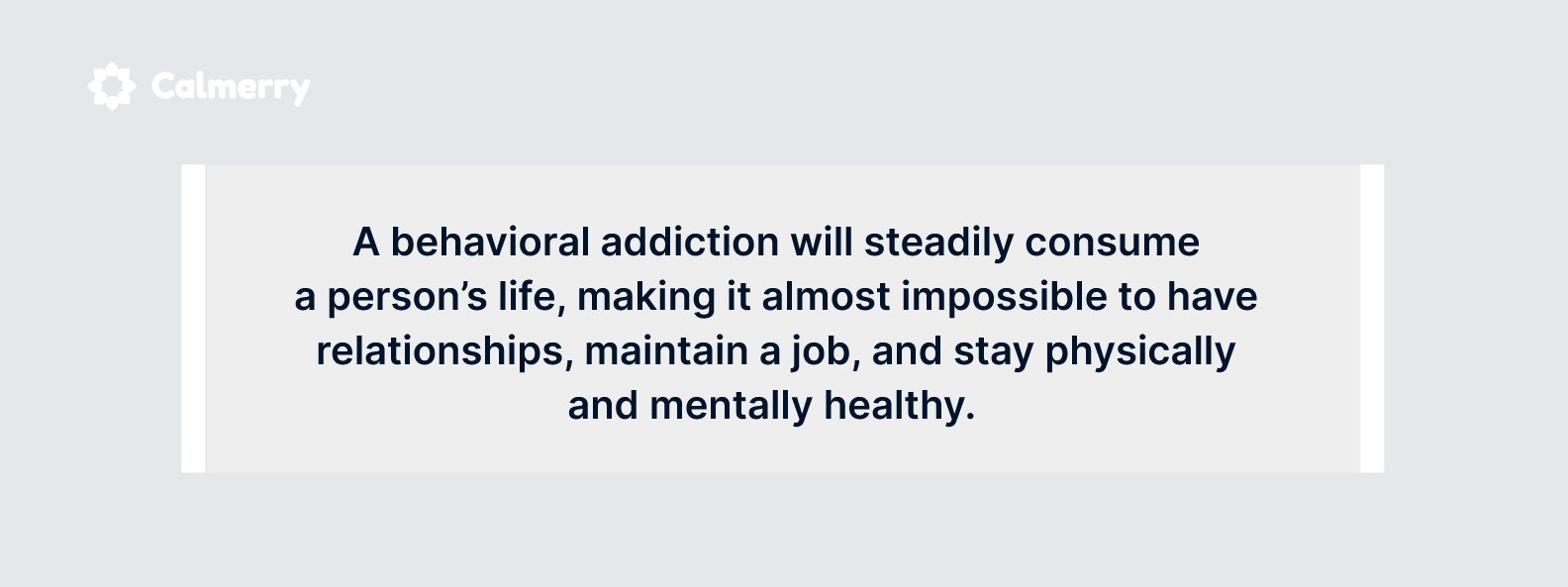
How are behavioral addictions treated?
Although not all behavioral addictions meet the classic definition of drug or alcohol addiction, they share many of the psychological and social hallmarks, and they also respond well to traditional treatments used for substance use disorder.
The treatment is focused on three essential aspects: recognizing the harm the behavioral addiction causes, addressing the underlying emotions that cause a person to indulge in addictive behaviors, and taking steps to minimize exposure to the addiction.
Some effective treatment options for behavioral addictions include:
- Cognitive Behavioral Therapy (CBT)
- Group therapy
- Counseling
- Support groups and self-help options
- Medication to address underlying anxiety, depression, and other mental health problems linked to the addiction
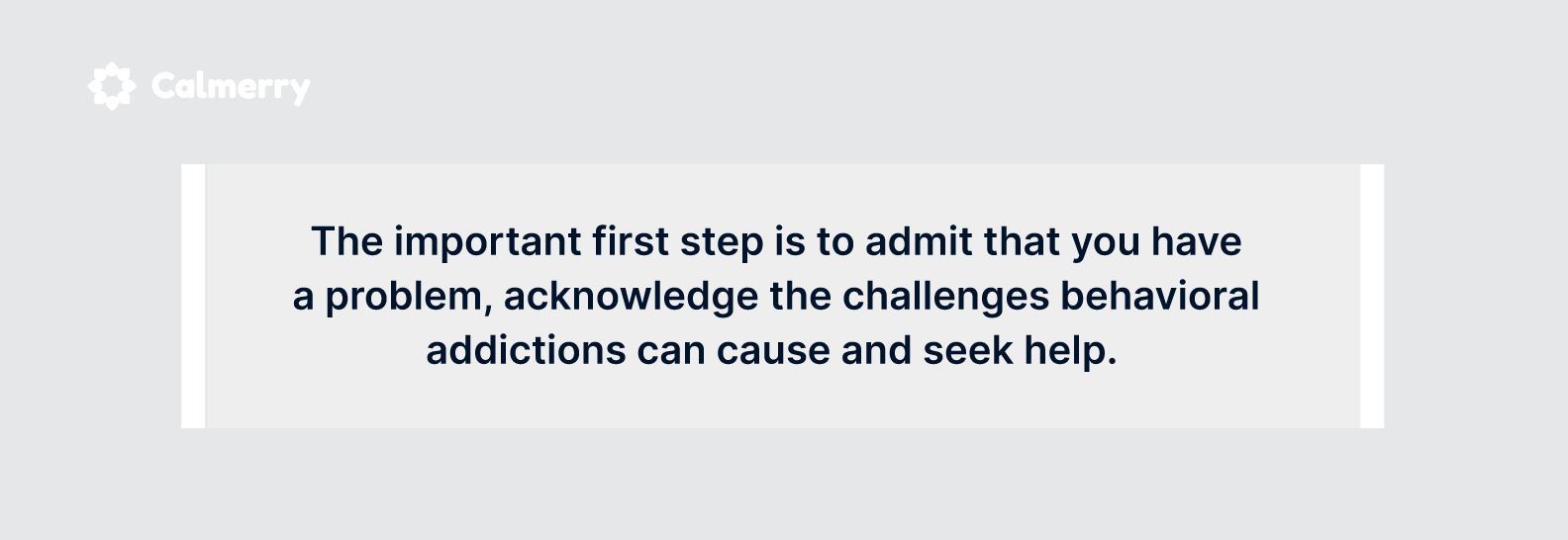
How to cope with a behavioral addiction
Behavioral addictions are more than just bad habits. If untreated, they can damage relationships, destroy families, and ruin lives, but it’s possible to recover. The important first step is to admit that you have a problem, acknowledge the challenges behavioral addictions can cause, and seek help. Platform like Calmerry can connect you with professionals experienced in handling such issues.
Although behavioral addictions are rarely fatal and are unlikely to cause immediate health consequences, it’s a mistake to believe that you can fight a behavioral addiction on your own. The fight begins with professional treatment. So if you or someone you care about struggles with behavioral addiction, don’t hesitate to contact a licensed therapist and get the help you need to make a positive change.
online therapy
live video session

